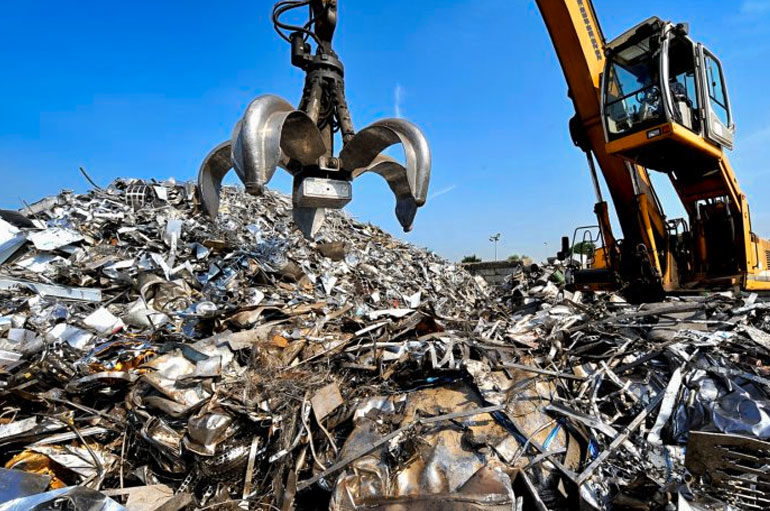

AUG 17, 2023
As we all shift toward greater environmental consciousness and scrap metal recycling, the cleanout industry prepares for a dramatic transformation. Within 5-10 years, several trends may significantly transform how businesses and individuals approach cleanout processes. These shifts could include greater recognition of sustainable practices, technological developments, or shifting consumer preferences — trends that RCM Recycling will cover in this article.
Over the next 5-10 years, we should witness increasing efforts to incorporate circular economy principles into cleanout practices — transitioning away from linear "take-make-dispose" approaches towards one that emphasizes reuse, repair, and recycling services as businesses look for innovative ways to prolong product and material lifespans while decreasing the environmental impact associated with cleanouts.
Technology advances astonishingly rapidly, and the cleanout industry is no different. Advanced sorting technologies such as artificial intelligence-powered robotics and machine learning algorithms will become essential components in cleanout operations, greatly increasing efficiency and accuracy in sorting materials during cleanup operations to help maximize resource recovery while decreasing waste production.
Data analytics will become integral to cleanout operations as businesses use it to identify trends, optimize processes and allocate resources more effectively — improving operational efficiencies while contributing toward eco-friendly practices.
The cleanout industry must adapt as consumer preferences shift towards greater convenience and flexibility. More on-demand cleanout services may become popular as individuals and businesses schedule regular cleanout sessions as needed, eliminating waste accumulation while encouraging recycling/disposal efforts and offering scrap metal buyers career opportunities.
E-waste (also referred to as electronic scrap waste or "e-waste") and hazardous materials present a considerable challenge due to their environmental and health impacts, thus necessitating proper handling and disposal during cleanouts in line with growing regulations and industry commitment to responsible waste management practices.
Cleanout industry stakeholders have realized the necessity of collaboration for reaching sustainability goals. Over the next 5-10 years, more partnerships between cleanout companies, recycling centers, manufacturers, and other stakeholders, such as a scrap metal company in McDonough, should emerge to foster knowledge sharing, resource optimization, and innovative waste reduction and recovery solutions.
There will be increased interest in and use of eco-friendly and recyclable materials as this trend promotes the adoption of circular economy practices and lower environmental footprints.
Businesses and organizations will invest in training their staff on proper waste disposal techniques and the advantages of sustainable waste management; those educated are more likely to support cleanout initiatives actively.
RCM Recycling stands ready to lead the charge in adapting to the transformative trends projected for cleanout over the next 5-10 years, using circular economy principles, advanced technologies, data-driven decision-making processes, and an emphasis on education to create a more responsible cleanout industry future. As cleanout processes advance, we remain at the forefront with tailored solutions aligning with emerging trends for a cleaner world.